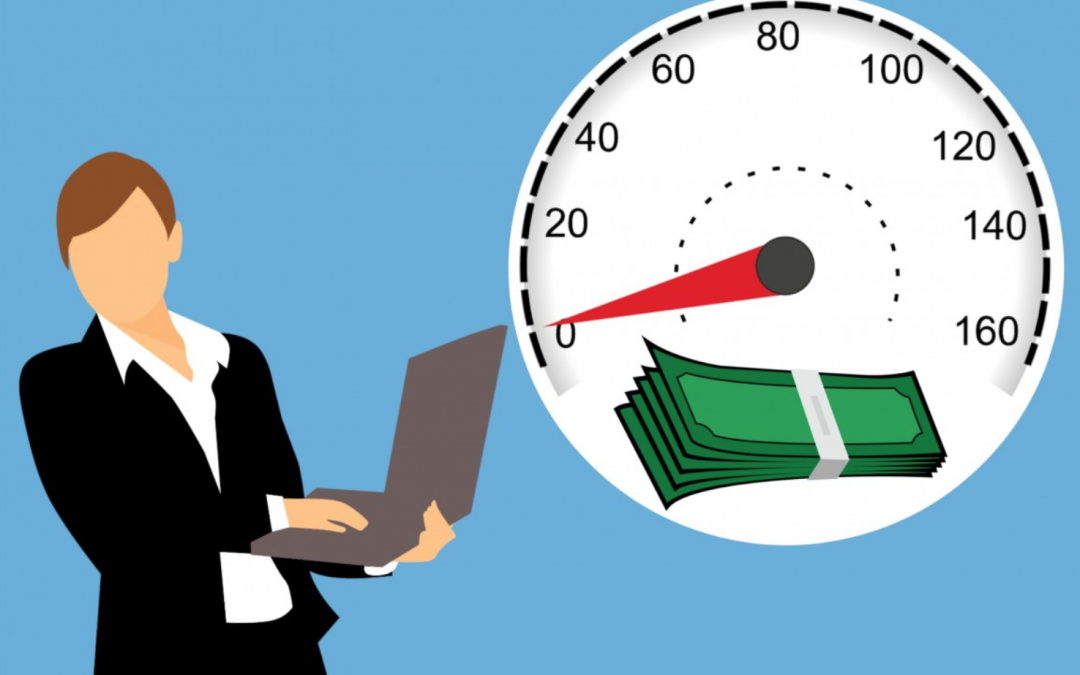There are a variety of clear benefits to homeownership — among them, the freedom to design and restructure as you please, the security of embedding yourself in a new community, and the comfort of investing in something you actually own. With the latter in mind, building equity stands as perhaps the biggest financial perk a homeowner can enjoy; it generally refers to the amount of the home that you owns at that point in time, but is specifically determined by finding the difference between your loan balance and the total value of the home (for example, if your home is worth $300,000 and you currently owe $150,000 on your mortgage, your home equity would come to $150,000).
The more equity you have, the better, as it can be used to put a new down payment on a new property purchase or to receive cash upon selling the home to pay off related costs. That said, if you have not put extensive thought into your current equity situation, there is no better time than right now. Here are a few starting tips for entering and navigating the equity building process.
Finding the right approach
There are generally two approaches to building equity: active and passive. Your approach will hinge on several key variables, including your goals, your resources, and put frankly, your luck with the market. Some matters (especially those pertaining to the latter) will be out of your hands as financial trends fluctuate, but in the meantime there are many ways you can actively increase your property’s value, including routine maintenance, proper landscaping, and construction projects that may increase the property’s return on investment (ROI).
Leaning on the down payment
Whether you are a forward thinking homeowner or an ambitious investor, it is never a bad idea to stack the initial down payment applied to your new property. Nerdwallet suggests putting at least 20 percent of the property’s value down from the beginning, allowing you to avoid highly priced private mortgage insurance. This approach will kick start the equity process and help you establish a solid financial foundation for the future.
Considering a 15-year mortgage
A 15-year mortgage can serve as great financial framework for equity-focused homeowners, whether they begin with one or refinance into one from a preexisting loan plan. New homeowners tend to defaultly choose a 30-year mortgage out of fear that a smaller one may exceed their budget, but in many cases a 15-year plan proves to be the more affordable option when stacked against long term projections. This plan may not be for everyone, when all metrics and goals are considered, but if you choose the 15-year plan, you will be able to immediately start building equity with lower interest rates.
